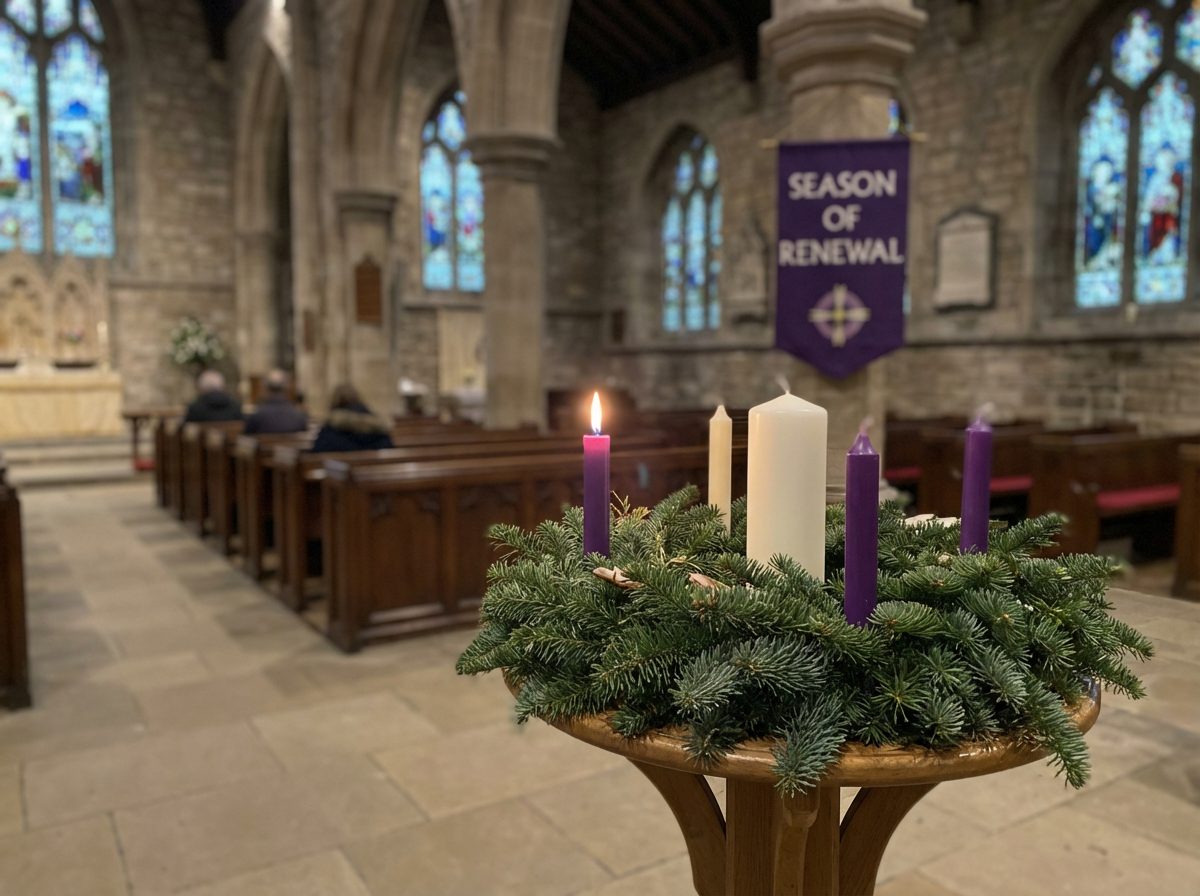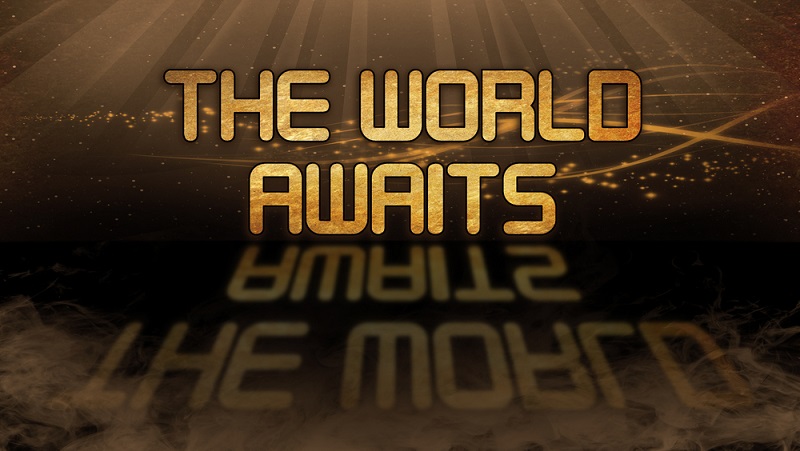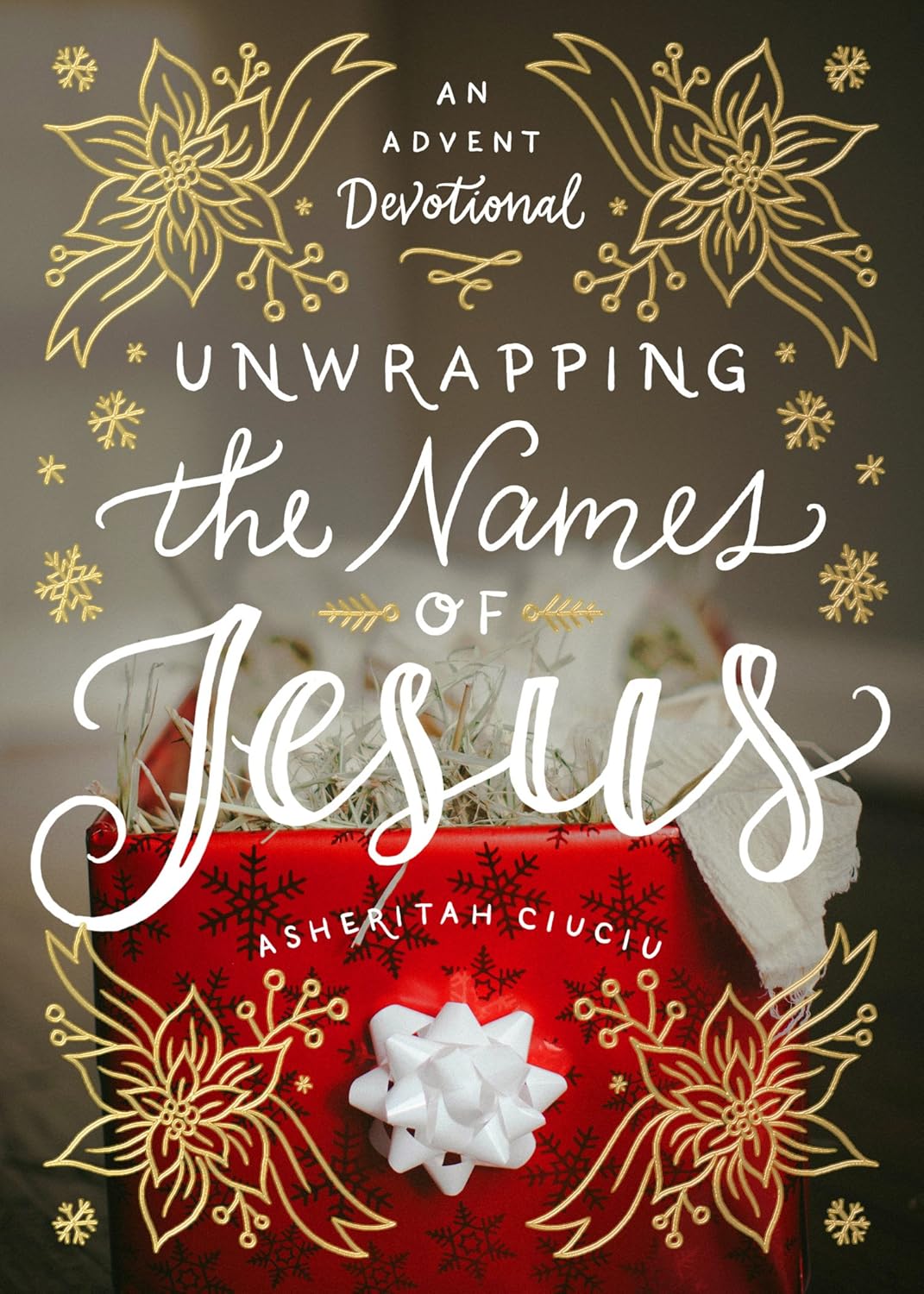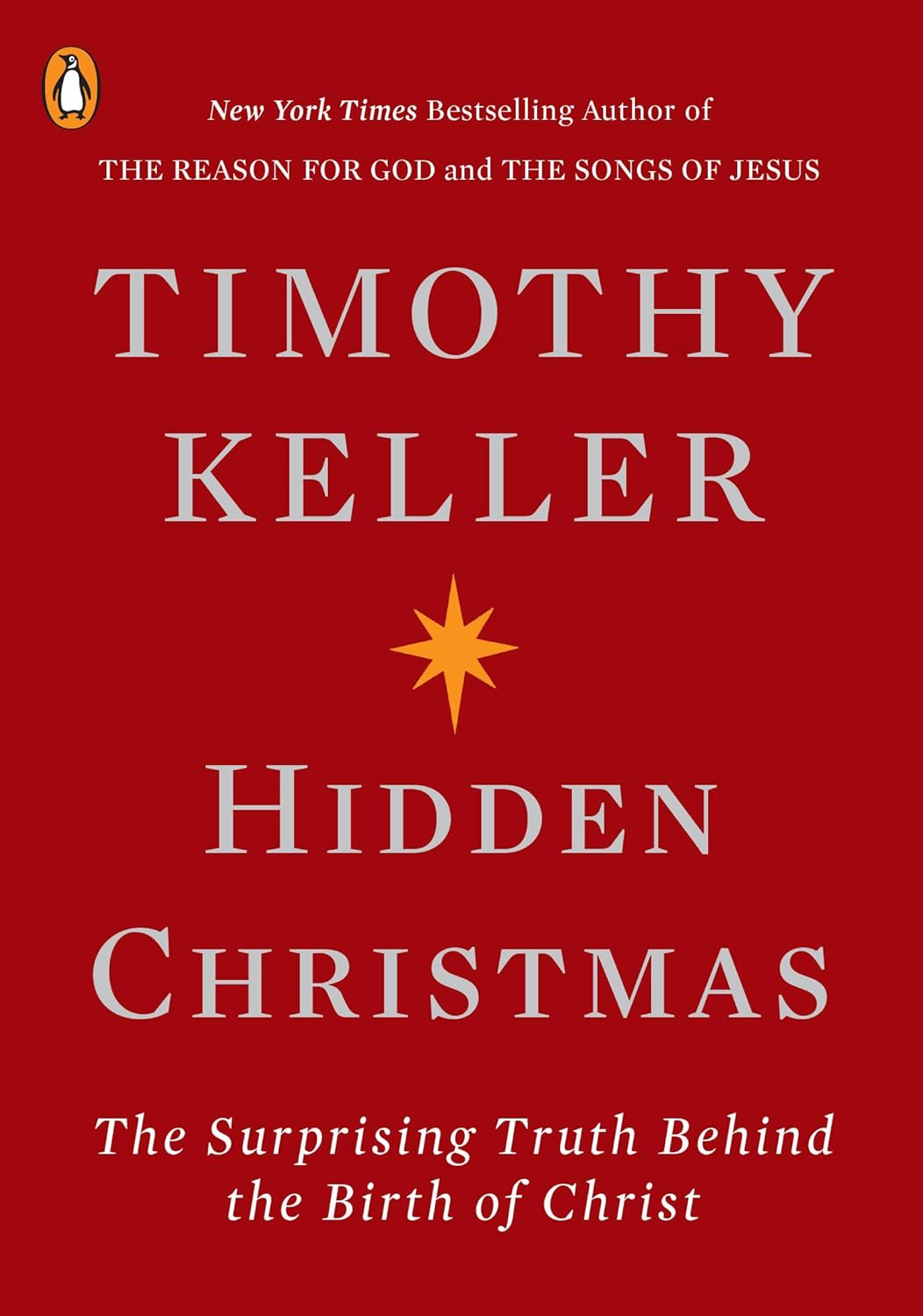Advent mirrors life's waits—be it for a baby or better days—teaching us patience and hope during challenging times. Advent is a season of "expectant waiting." It is the first season of the Christian church year, beginning on the fourth Sunday before Christmas and continuing through Christmas Eve.
Here, we explore Advent as the first in our series of exploring the Complete Christmas Story.
The Meaning of Advent
As the year gently unwinds and the holiday lights flicker to life, millions of Christians around the world observe a holy season called Advent—historically a period of expectation and preparation for the commemoration of Christmas. But Advent is more than just a liturgical season; it is a powerful metaphor for the waiting we experience in our own lives, teaching us to be patient and hopeful even in the most challenging circumstances.
We wait. We expect something. Something better! In particular, the season is waiting for the birth of Jesus or, in other words, Christmas. At heart, Advent is defined by "hopeful waiting." It is not just waiting, but a deep, hopeful waiting for the birth of Jesus Christ. For Christians, it's a time of reflection, preparation, and spiritual renewal. Each Sunday during Advent, as a new candle is lit on the Advent wreath, it represents a week's longing, every flame radiating into the night and warming the spirit that thirsts.
But most of us do not like to wait. Most of us are not particularly good at it. Perhaps we are no longer the children who can hardly wait until Christmas arrives to see what presents we will get from Santa and others. Instead, we fill the Advent season with mad Black Friday shopping, figuring out what gift to get each person, putting up the Christmas tree and other decorations, sending out the Christmas cards, wrapping packages, and preparing treats and other foods. Individually, some of these activities are pleasant if not favorites. But in total, they can leave us a stressed-out mess.
The New Beginning
We prepare birth announcements and compile the recipient list. Others may host baby showers for us. We may hold gender reveal parties. Again, these are all good and often enjoyable things to do. But the rush of activity also hides our inability to wait.
Advent might remind us of that bittersweet hope of pregnancy. Nine months is an eternity, as one ride the emotional roller-coaster to parenthood–joy, anxiety, hope, uncertainty. As Advent gives Christians space to prepare themselves for Christ's coming, parents prepare their hearts and their homes for new life as well.
This waiting captures a fundamental reality — the path to the new is challenging, yet joyful. Advent shows us that though the waiting sometimes feels unbearable, it can yield great beauty and transformation. The arrival of a baby is a hope realized, the Christmas promise fulfilled.
Advent teaches us to wait expectantly. In a word, "expectant waiting" is patience. The birth of a child is not going to come any sooner just because we want it to. Christmas is not going to come any sooner just because we want it to. We simply must wait. Yet, we can wait with hope.
Finding Light in Darkness

In life's dark moments—moments of grief, confusion, or hopelessness—the teachings of Advent are even more important. This season of the liturgical year shines as a beacon of hope, prompting us to cling to our faith through the tempests of life. As the season's growing light signifies Christmas drawing near, so can our faith guide us through dark times in our lives.
Think about the symbolism of lighting Advent candles each week. Every flickering candle on the wreath is not just another week gone by—it's a beacon that even in the darkest times, light can shine through. Hope helps us navigate life's uncertain landscape — whether we're waiting for a job, healing from illness, or mending broken relationships.
Advent's resonance reaches beyond the Christian tradition, reflecting the general reality of waiting that fills our lives — waiting for a baby to be born, waiting for times of trouble to end, just waiting for good days ahead.
Perhaps the terrible experience of COVID-19 taught us something about how to experience Advent. We so wanted it to be over and for things to return to normal! But except for a few scientists working on vaccines, the vast majority of us could do little to help restore normalcy. We could take essential steps to mitigate the impact of the pandemic, and doing so saved lives. But that was not the same as the pandemic coming to an end. For that, all we could do was wait. We could have chosen to wait patiently, even as our lives were disrupted. We could also have chosen to live in the hope that the future would be better. I suspect that most of us struggled to live through the pandemic with patience.
Cultivating Patience
Patience, the virtue, can seem difficult in an instant-gratification society. Our culture is obsessed with instant gratification and not at all with the slow build of anticipation, yet Advent disrupts that story. It calls us to honor the holiness of waiting and what it teaches.
In these moments of meditation, prayer, and reflection during Advent, we are growing an internal patience that will, hopefully, inspire us even beyond the season. The pain of waiting is part of faith, which instructs us to believe in the timing of our lives. It encourages us to be resilient, as we traverse the inevitable plateaus and hardships life brings.
A Season of Renewal
As Advent culminates in the celebration of Christmas, it beckons us to a renewal of spirit. This renewal is not merely a Christian endeavor – it is about the human longing for hope. It whispers to us that even in our most desolate seasons, something beautiful is being born—be it physically in childbirth or spiritually in the afterglow of surrender.

In life—like Advent—waiting can save us. It can guide us to fresh perspectives, rich connections, and presence in the in-between moments. We discover that each season has its purpose, that patience brings understanding, and hope can pilot us through unknown seas.
Conclusion
While many are not aware of this, Advent is also the time in the church year when Christians are to focus on Christ's Second Coming. It is evident in scripture that the first Christians believed this event would happen soon, as in their lifetimes. Today, across Christianity, there is a wide variance of beliefs about the nature of the Second Coming. But that is not relevant here.
The relevance is that, 2,000 years later, that event has not yet happened. Nevertheless, Christians still in faith wait expectantly for that event. Even after 2,000 years of waiting, we still believe. That is patience. That is Advent.






